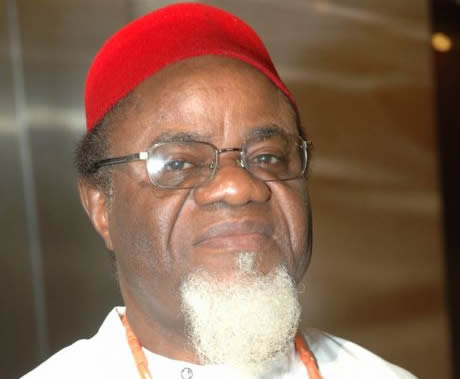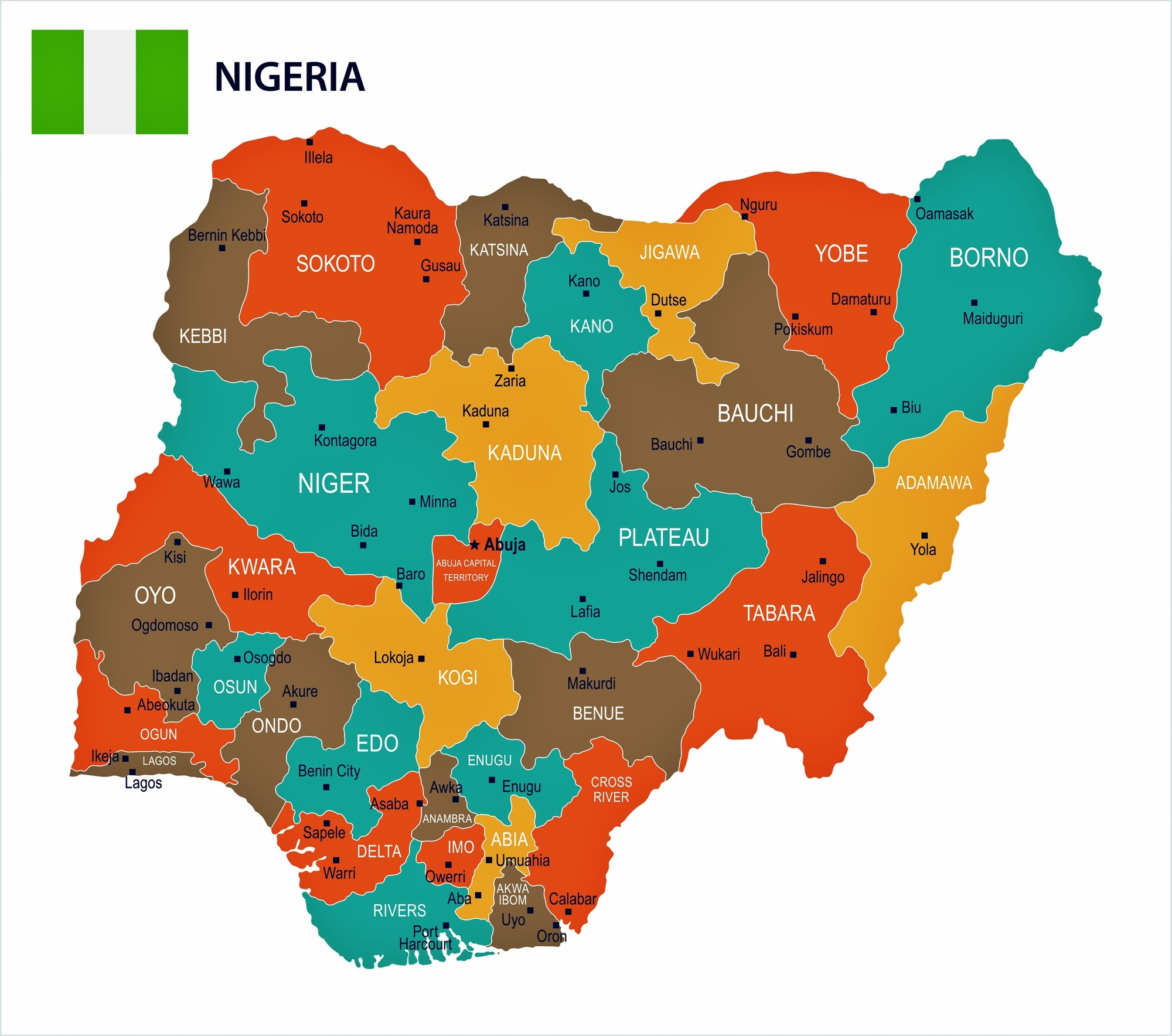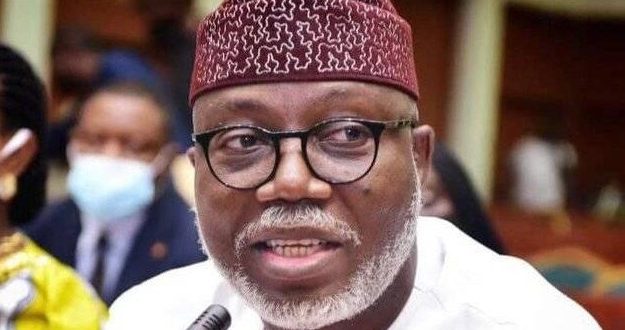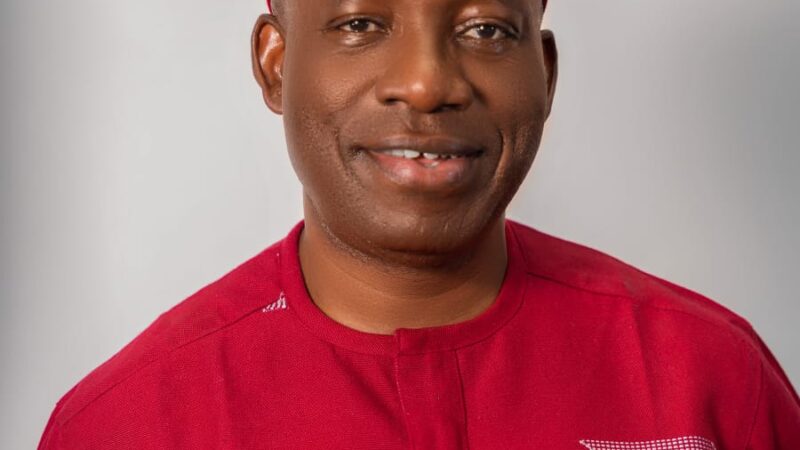Dilemma Of May 29 Inauguration

By Amanze Obi
I contend here, contrary to President Muhammadu Buhari’s recent declaration that May 29 handover is sacrosanct, that the date is far from being so. If anything, it is tentative. The event of that date can wait until the haziness around it is cleared. This is a crucial condition that should be met before the inauguration takes place. Anything outside of this will spell imposition.
I am not unmindful of the fact that Buhari and his cohorts won’t argue, and they have been doing so, that elections have held and results announced, and that those who are not satisfied with the outcome should go to court.
Even though the conspirators who manipulated the February 25 presidential elections have been taunting along this line, the aggrieved have since approached the courts in the hope that they will not be as reckless as those who subverted the people’s will at the polls. Curiously, the courts have not behaved as if they have any case before them. We have not seen any sense of urgency to weigh in, when it actually matters, on a testy and trying national issue such as this.
While we worry about the courts, President Buhari seems to be at home with this cavalier disposition of our temples of justice towards the presidential election petitions before them. That is why he dramatizes his bias on the matter. This was the president who, sometime before the elections, tried to impress it upon Nigerians that he would shun partisanship on matters pertaining to the polls. Then, he asked Nigerians to vote for any candidate of their choice from any political party. But he could not stay the course of his pronouncement. He was persuaded by contrary forces to stand, even at the risk of unreasonableness, with the political party that brought him to power. Thereafter, he began to show the level of partisanship that is unbecoming of a president who is supposed to be the father of all.
Buhari’s bias has since graduated into something monstrous. He now lectures us on why the opposition parties lost the election. In other words, he is foreclosing, and in a way influencing, the cases before the Presidential Election petition tribunal. If their Lordships follow the body language of the president, it will not surprise any one if they end up telling Nigerians that the petitioners have no case.
However, no matter how insidious the president’s intrusions in this matter may be, the justices must not lose sight of the fact that they have an urgent matter in their hands. They are aware of the fact that Nigerians had a very contentious election. An election made even more so by the brazenness that attended the electoral processes and even the pronouncement of a winner. Since the results were announced, the country has been on edge. There are a number of unsettled issues. The Bimodal Voter Accreditation system which the Independent National Electoral Commission (INEC) told Nigerians would guarantee a seamless voting process was deployed selectively. The INEC Result Viewing portal which was supposed to make the result management procedure transparent was jettisoned. These and related issues created room for untold electoral malfeasance.
Apart from these perversive manipulations that have sparked outrage, there is, for the first time in Nigeria since the 1999 Constitution became operational, the unsettled issue of 25 percent of votes cast in the Federal Capital Territory (FCT). Section 134(2)(b) of the 1999 Constitution (as amended) requires that for a candidate to be declared winner in a presidential election, such candidate shall have “ not less than one-quarter of the votes at the election in each of at least two-thirds of all the states in the Federation and the Federal Capital Territory.” It must be noted here that no president of the country has been declared president since this Constitution came into force in 1999 without meeting this constitutional provision.
Significantly, Bola Tinubu, the man who was proclaimed winner in the February 25 presidential election, fell short in this regard. He scored less than 25 percent of the votes cast in the FCT. Yet he was declared winner in the election. Since then, authorities in the legal profession and non professionals alike have been feasting on this issue. The relevant aspect of the constitution has been subjected to different interpretations. All this is happening because something novel has happened. Someone has been declared winner of a presidential election without meeting the requirements of the above cited section of the constitution.
This development should be of concern to the learned ones. They ought to be cognizant of the fact that we are dealing with an issue that is untested. They should recognize, given the state of affairs in the country at this time, that this vexed issue has compounded the controversies arising from the elections. This testy set-up should compel our courts to act expeditiously on this matter. They must recognize that this issue is like no other. Whereas every other matter raised by the petitioners in their applications can be subjected to some kind of legal acrobatics , the same thing cannot be said of 25 percent of the votes cast in the FCT. Whatever the Supreme Court says on this matter remains, except a future constitutional amendment demands otherwise. For this and related reasons, this matter cannot wait until after the inauguration of a new president. If the Supreme Court rules in favour of the prima facie provision of the constitution after a new president has been sworn in, it would have, willingly and willfully, imposed illegality and unconstitutionality on Nigeria and Nigerians. A deliberate or calculated act of illegality or unconstitutionality by the legal profession itself will be unpardonable. It will cast a permanent slur on the integrity and assumed impartiality of our courts. If this situation matters to our Lordships, then there should be no reason why they will not strive to handle this matter differently. Should the Chief Justice of Nigeria, in all seriousness, go ahead to inaugurate a new president without the constitutionality and legality of 25 of votes in FCT being settled? Those who care about the survival and progress of constitutional democracy in the country do not think so. This reinforces the argument that May 29 is not sacrosanct. It is actually tentative . If it must be sacrosanct, our courts know what to do to make it so. If the situation in our hands compel otherwise, our courts should also toe that line of reason. But what is of immediate concern here is that the matter cannot wait. It can also not be glossed over. Their Lordships cannot go to sleep and expect that we will all wake up the same minute with them to deal with issues arising from their vexatious slumber. If May 29 must be sacrosanct, the time to make it so is now.
* Amanze Obi, Writes from Lagos (amaobi@yahoo.co.uk)







